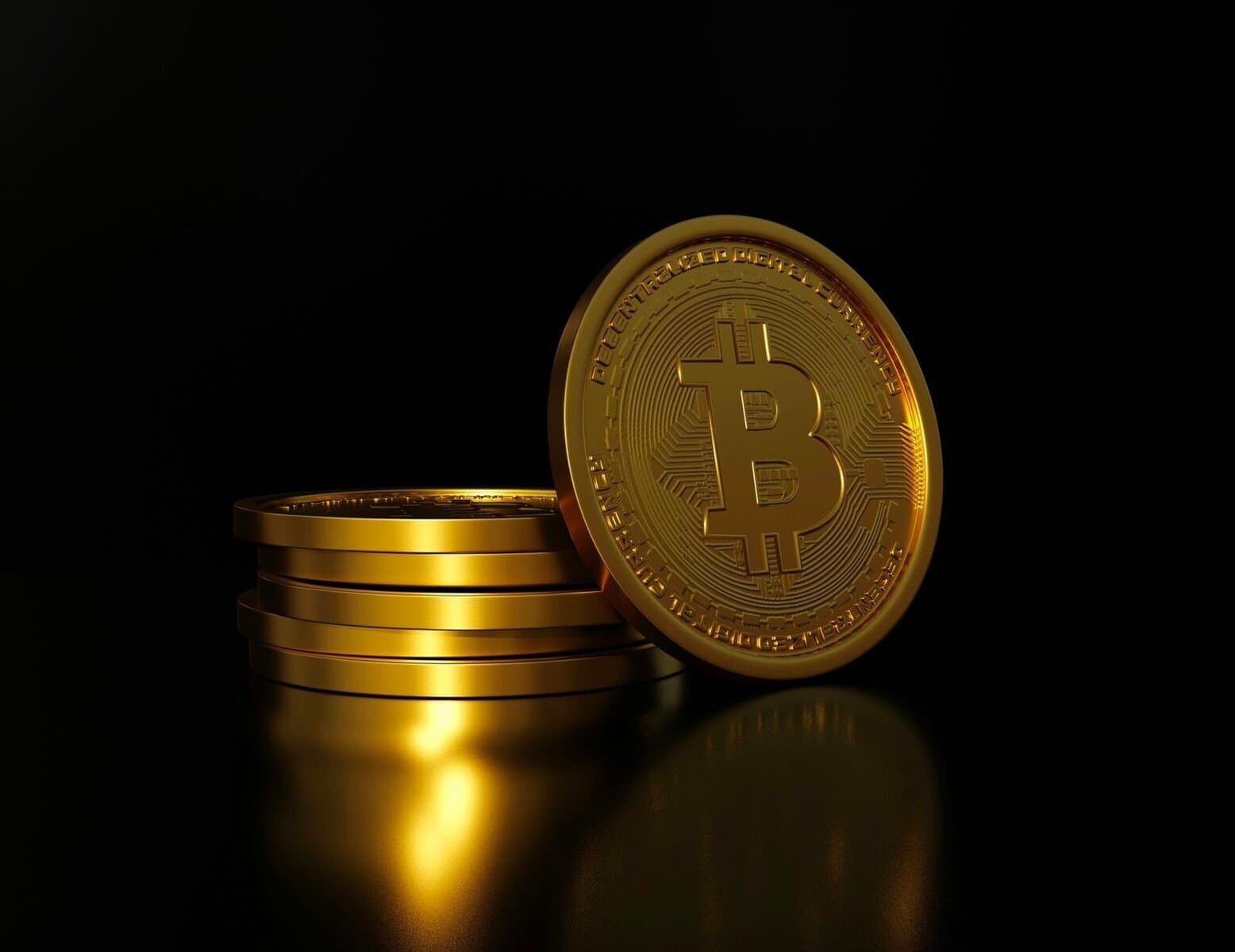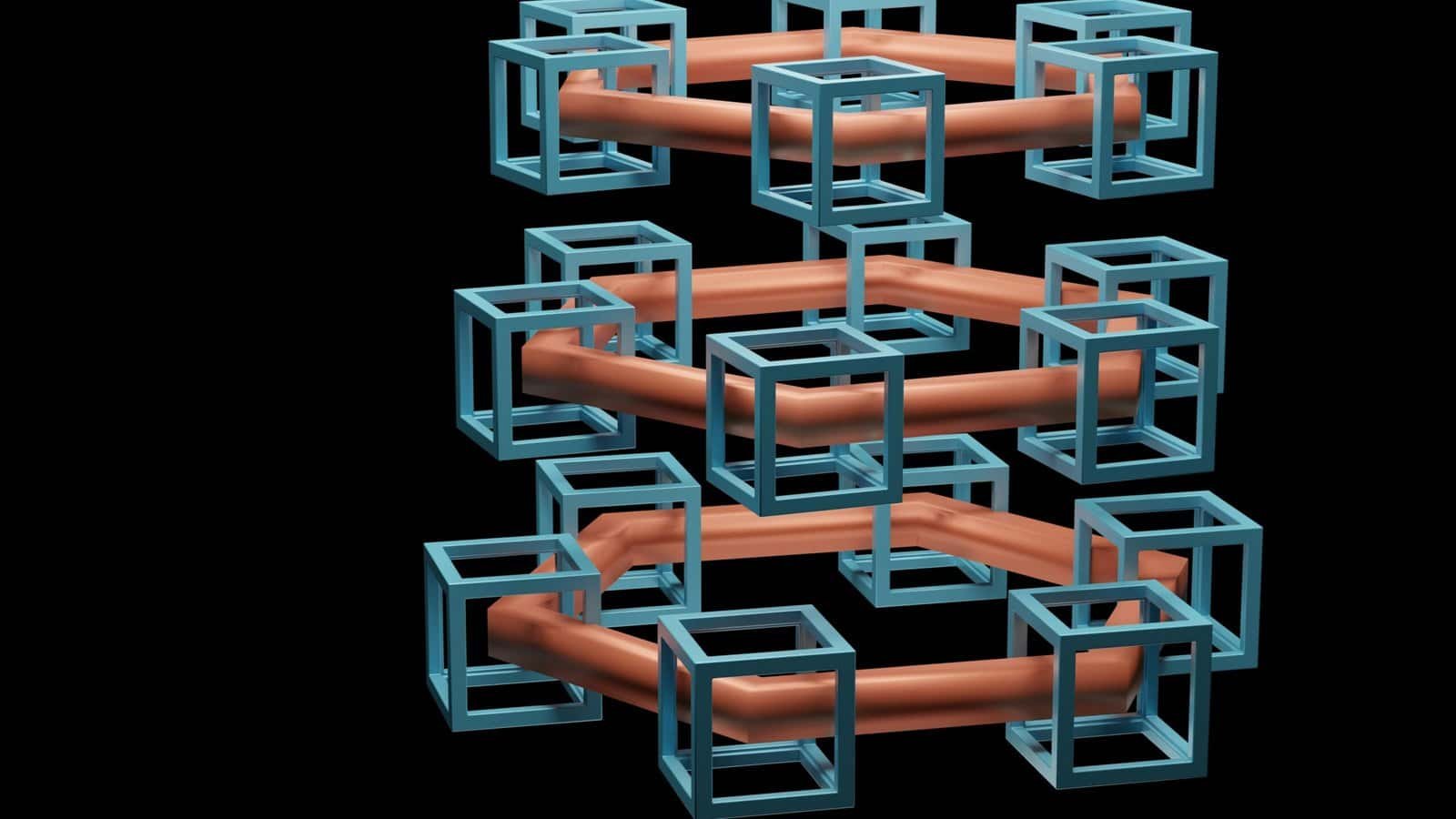?Do you want to know which crypto exchanges have meaningful DeFi integration in 2025 and which let you trade peer-to-peer?

What “DeFi-integrated” means and why it matters
DeFi-integrated exchanges make decentralized finance features available alongside traditional exchange functionality. That can mean an on-chain DEX, wallet-to-wallet swaps, staking and lending tools, bridges, liquidity pools, or governance token participation. You should understand that DeFi integration changes how you custody assets, access yields, and manage counterparty risk.
Having DeFi on an exchange often gives you a hybrid experience: the convenience of a centralized interface plus the composability and transparency of on-chain protocols. That matters if you want to use DeFi primitives (swaps, liquidity provision, staking, yield farming) without hopping between separate wallets and platforms.
How to judge whether an exchange is truly DeFi-integrated
Not every exchange that advertises “DeFi” delivers the same capabilities. You should look for concrete features:
- Non-custodial wallet integration (e.g., hosted wallet + wallet connect)
- Direct access to on-chain DEXes or native on-chain orderbooks
- Staking, liquid staking or staking derivatives that interact with PoS networks on-chain
- Built-in bridges or cross-chain liquidity for token transfers
- Support for LP tokens, tokenized vaults, or yield aggregators
- Governance token participation (voting, proposals) through the platform
If an exchange simply lists DeFi tokens but keeps everything custodial and off-chain, that’s not full DeFi integration. You should verify whether you control private keys when performing on-chain actions, or whether the exchange acts as a custodian conducting those operations on your behalf.
Quick comparison table: notable exchanges and their DeFi features (2025 snapshot)
This table gives you a high-level view you can use to decide where to look first. Note: specifics can change quickly; always confirm current features on the exchange’s website or docs.
| Exchange / Platform | Type | Core DeFi features | P2P trading support? | Custody model |
|---|---|---|---|---|
| Binance | Centralized with on-chain services | BNB Chain DEX integrations, Bridge, Binance Wallet, staking, tokenized LPs, BNB Chain DeFi listings | Yes — Binance P2P (fiat-marketplace) | Custodial by default; non-custodial wallet optional |
| Coinbase | Centralized with L2 / wallet focus | Coinbase Wallet + Base (L2) access, staking, token swaps, NFT, on-chain governance support | No traditional P2P marketplace | Custodial by default; Coinbase Wallet is non-custodial |
| Kraken | Centralized w/ staking | Native staking, ETH staking derivatives, integrations with on-chain markets | No | Custodial |
| OKX | Centralized with on-chain integrations | OKX Wallet, OKXChain / cross-chain bridge, staking, on-chain DEX access | Yes — OKX P2P | Custodial default; WalletConnect support |
| KuCoin | Centralized with DeFi tools | KuCoin Wallet, staking, DeFi Hub, DEX links, yield products | Yes — KuCoin P2P | Custodial by default; non-custodial option |
| dYdX | Decentralized exchange (L2) | Orderbook DEX on StarkNet, perpetuals, lending pools | No classic fiat P2P; wallet-to-wallet on-chain | Non-custodial (L2) |
| Uniswap / SushiSwap / 1inch / PancakeSwap | On-chain DEXes | Swaps, AMMs, liquidity pools, yield, governance | No fiat P2P — direct wallet-to-wallet swaps | Non-custodial |
| Bisq | P2P decentralized exchange | Fully P2P BTC / crypto trades, privacy-centric, no KYC | Yes — P2P only | Non-custodial |
| LocalCryptos / LocalCoinSwap / Paxful | P2P marketplaces | Peer-to-peer fiat |

